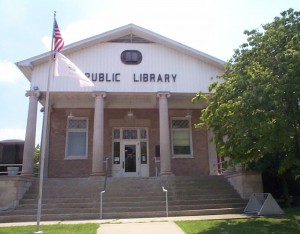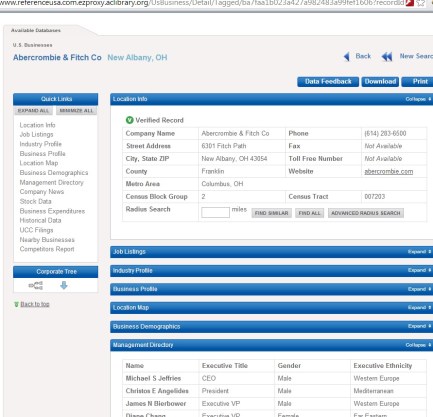
If you do online research, don’t overlook your local public library. It’s an excellent resource of online information, not just on books and publications, but also on businesses. In this post, I will specifically write about the US Public libraries. Many other countries would have similar services offered at public libraries.
While Librarians are certainly skilled at organizing and searching for info, guess what… there’s not even a list of all the libraries or “just” the public libraries in the US. As the American Library Association points out, “A directory of all libraries in the United States does not exist. ” Currently there are about 9 thousand public libraries.
DATABASE ACCESS
To get access to online info via a public library you would need a library card number, also called a barcode (there’s a barcode on the physical card). Some libraries would only hand those (physical cards with numbers on them) out in person. Some other libraries offer online registrations that lets you to obtain a card number. Some libraries offer to issue cards for non-local people; in some cases, for a fee within a couple hundred dollars. The rules vary.
Bottom line, if you live in the US, you can get access 1) to the databases provided by your local library and, possibly, 2) to databases provided by some other libraries. However, you are on your own for the research on the latter; there is no official way to search on that (and, as we know, there’s no library list either).
It goes without saying that when you use a database, it’s important to comply to the rules for its usage via the library.
DATABASE CHOICES
The details of sign-ups for various libraries wouldn’t have mattered if all public libraries gave us access to the same business info. But they don’t. Libraries sign up for the databases of their choice, to offer access to their library card holders.
There are several databases, offered by public libraries, worth our (Researchers’) attention. The first one is Reference USA. It should be obvious by now, that there’s no way to find out which libraries subscribe to Reference USA – or to any other specific database, for that matter. A work-around is Googling for that.
The post, so far, contains information that I had figured out by doing online research and comparing various library sites. (Please let me know if you see any errors in the provided overview). The rest of the post, below, is just a quick glance at this first database of interest. I will follow up with another post about more databases.
Take a look and you will see several databases it’s comprised of, on the home page. (Note, however, that your library will usually only subscribe to a subset of those, not to all). ReferenceUSA offers the listings of 24 MLN US-based businesses, along with lists of managerial names and titles; 855K-strong Healthcare Professionals Directory; accurate White Pages with 89 MLN listings; and “US Consumers/Lifestyles” database (that can at least help you to verify where someone lives if their phone number is unlisted). Plus, there’s similar info on Canadians, and finally, a “OneSource” Database with international companies (that last one, I have not seen first-hand).
Here’s, for example, what the result for searching for Fortune 1000 companies in ReferenceUSA looks like. A limited number of records can be downloaded in Excel format.
Here’s what one company record looks like. Interestingly, at ReferenceUSA they show two diversity fields, gender, and ethnicity – on which you can also search. (You will not find that on LinkedIn!)
I will provide an overview of one or two more databases, accessible via public libraries, in an upcoming post.



Comments 2
Awesome Idea – Waiting for next post.
Author
Here’s some excellent additional information: http://searchresearch1.blogspot.com/2014/10/5-reasons-you-should-have-library-card.html